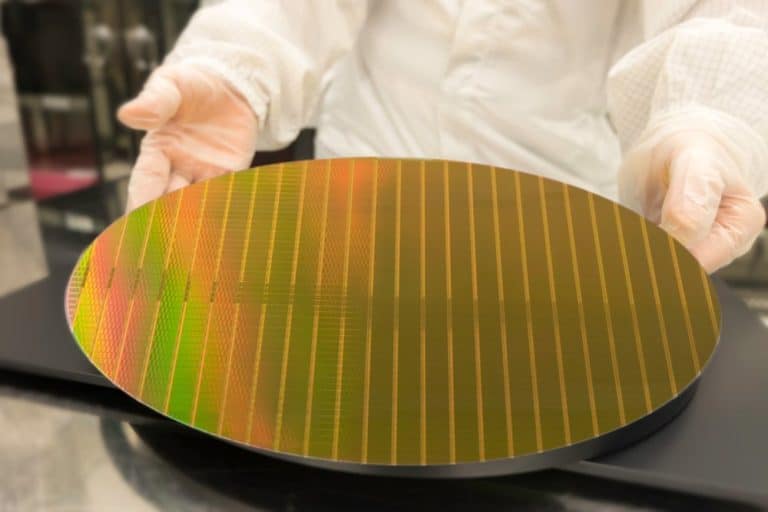Intel is well on its way to start producing processors on the 7nm process in 2023. However, the company no longer wants to make these processors exclusively in its own factories.
This is what future Intel CEO Pat Gelsinger said during a presentation of Intel’s quarterly figures. These figures were quite positive, with a turnover of 19.98 billion dollars (16.42 billion euros). This is considerably more than the 17.5 billion dollars that analysts had expected. In the full year, the company achieved sales of 77.9 billion dollars (64 billion euros), an increase of 8 percent.
Tip: VMware CEO Pat Gelsinger replaces Bob Swan at Intel
Stagnation
Yet at the current course, the rise does not promise to last forever. The company has just passed a long period of technological stagnation, now that it is finally starting to make its first processors on 10nm. Meanwhile, AMD has caught up with Intel and is slowly but surely eating away at Intel’s market share in the desktop market and in the laptop and server markets as well.
In late 2020, an Intel investor suggested that the company should look for “strategic alternatives” to producing its own chips. By this, the investor was referring to outsourcing some of its chip production to factories of other manufacturers. This would be an unusual step for Intel, which until now had always done both the design and the production of its processors. AMD took this step in 2009 when it split off its foundry GlobalFoundries. This has recently paid off when GlobalFoundries could no longer keep up with the development of ever-smaller transistors and was stuck on 12nm. AMD could then easily switch to TSMC’s 7nm process.
Intel won’t split off its foundry
Intel, however, does not want to split off its chip production completely. “I am confident that the majority of our 2023 products will be manufactured internally,” Gelsinger said. “At the same time, given the breadth of our portfolio, it’s likely that we will expand our use of external foundries for certain technologies and products.”
10nm production now underway
Which and how many chips Intel plans to outsource remains unknown. The company has been producing laptop processors on 10nm for some time and announced its first Ice Lake server processors on 10nm at CES. The upcoming generation of desktop processors is still being produced on 14nm, and the company hopes to bring them to 10nm later this year. Meanwhile, AMD has been producing processors in all classes on TSMC’s 7nm process for over a year and plans to announce the first 5nm processors by the end of 2021.
